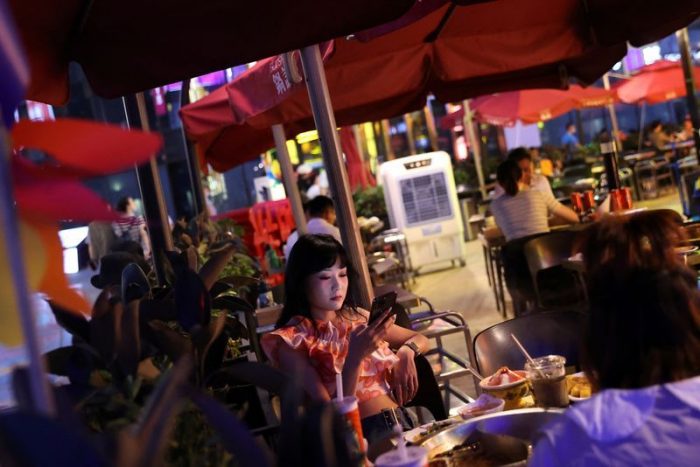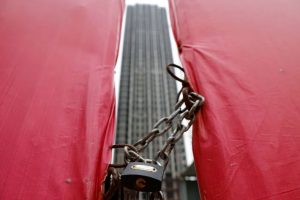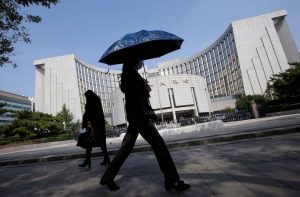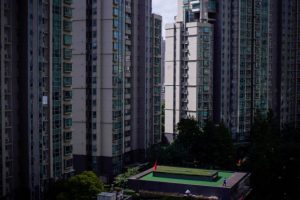Consumers in China are suffering a crisis of confidence, which could be a huge obstacle to the country’s economic recovery, according to company owners and entrepreneurs.
Rising concerns about consumer and business confidence – as strict curbs aimed at stamping out Covid-19 undercut a return to prosperity – have hampered growth in the world’s second-largest economy.
Lin Haiping, founder of Chinese beef hotpot restaurant chain Baheli, says “zero-Covid” has upended his customers’ lives.
Baheli makes only a third of the revenue it earned before the pandemic, and has no intention to resume its expansion, even if authorities bring new infections to zero.
“All business plans are postponed,” said Lin, who opened his first restaurant in 2008 in the southern city of Shantou and quickly expanded to almost 200 outlets across China before closing down a quarter of them due to Covid.
“People feel it’s difficult to make money, they are more inclined to save. They will need time to forget the pain.”
Analysts expect China to grow 4% this year, according to a Reuters poll, a level most countries would envy but sluggish by its own standards.
Private Sector Bearing the Brunt
It would also miss Beijing’s official growth target – set this year at around 5.5% – for the first time since 2015, when China was hammered by a stock market crash and capital flight. The private sector is bearing the brunt of this economic slowdown.
Consumer confidence is hovering near record lows, private investment slowed in the first half, and youth unemployment is at a record 19.3%, prompting calls for more urgent government stimulus.
Delays in China’s economic recovery are causing headaches for the ruling Communist Party as it readies for a once-in-five-years congress this autumn, where President Xi Jinping is expected to secure a precedent-breaking third leadership term.
Hundreds of millions of Chinese in dozens of cities faced various Covid-19 restrictions this year, culminating with the full April-May lockdown of Shanghai.
A wide range of businesses shut their doors as well, sometimes right after being allowed to reopen, as authorities attempt to stamp out Covid.
Evolving Property Crisis
Shanghai-based Martin Wawra, CEO of the Mobility division of Voith Turbo, a German commercial vehicle parts maker, said he needs to lay off workers to break even as the trucking industry “is suffering a lot” from pandemic-induced logistical bottlenecks.
Private firms also worry about an evolving property crisis, rising borrowing costs in key export markets, heightened geopolitical tensions, and a sweeping crackdown on the technology and private education sectors.
The real estate sector, which makes up roughly a quarter of its economy, has suffered a string of defaults by developers while millions of homebuyers are refusing to pay mortgages on hundreds of stalled projects. That has also inhibited China’s economic recovery.
“China is facing a crisis of confidence,” said Rob Subbaraman, Nomura’s head of global macro research.
“Households are reluctant to spend over fears of renewed lockdowns, potential homebuyers have lost confidence in participating in pre-sales from financially-strapped developers, and private business are holding back on new investments given the darkening consumption and export outlook.”
- Reuters, with additional editing by George Russell
READ MORE:
Shanghai Holds Mass Testing As More Cities Extend Lockdowns
China’s Shenzhen Orders ‘Closed-Loop’ Working to Curb Covid
China’s Zero-Covid Policy a Bonanza for Testing, Building Firms
























